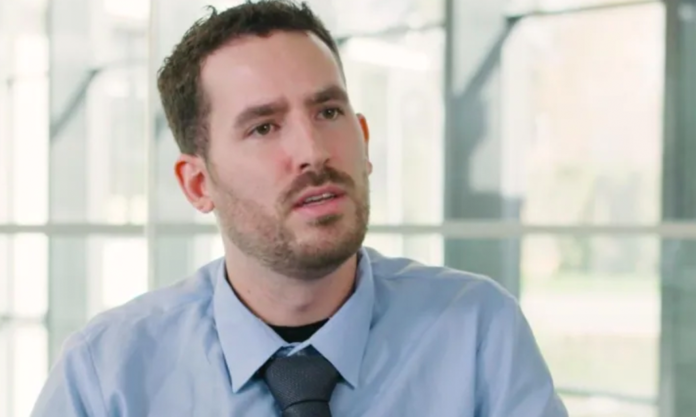The College of Naturopathic Physicians of B.C. says it has taken “extraordinary action” against Jason Klop in response to a complaint from a whistle-blowing former employee, who alleges that he manufactured these products in a “household lab” in B.C. without standard procedures or quality control.
An Aug. 19 decision from the college’s inquiry committee says that while the complaint is under investigation, Klop cannot manufacture, advertise or sell fecal microbiota transplants (FMT). He’ll also be subject to random on-site audits to make sure he’s not violating his conditions.
The college has posted a public notice stating it’s taken this action “due to the seriousness of the alleged conduct and a real risk of harm to the public.”
Doctors and scientists have warned that any other use of this emerging therapy is experimental and carries a serious risk of infection.
Fecal microbiota treatments take bacteria and other microbes from the poop of a healthy person and transfer them to a patient either anally or orally, with the goal of restoring a normal environment inside the gut.
Health Canada has already investigated an earlier complaint about Klop and banned him from accepting Canadian patients at his Mexican retreats.
According to the latest decision from the college, the federal body has now opened a second investigation in response to the complaint from Klop’s former employee.
‘Significant risk’ of potentially deadly pathogens
The decision says the unidentified former employee first reached out in April with her concerns, later providing shipping labels and invoices showing that Klop had exported his pills and enemas to Denmark, Edmonton and across the U.S.
It goes on to say that while the inquiry committee’s panel was not in a position to address concerns about the quality of Klop’s lab, there’s no doubt he is producing and selling FMT for purposes that are not allowed in Canada, which puts the public at risk.
“The ingestion or other type of transfer of fecal material from one person to another necessarily carries risk,” the decision says.
“The significant risk is that the donor’s fecal material contains pathogens, such as E. coli, which, even in very small quantities, can cause illness or death to the recipient.”
It goes on to say that while the inquiry committee’s panel was not in a position to address concerns about the quality of Klop’s lab, there’s no doubt he is producing and selling FMT for purposes that are not allowed in Canada, which puts the public at risk.
“The ingestion or other type of transfer of fecal material from one person to another necessarily carries risk,” the decision says.
“The significant risk is that the donor’s fecal material contains pathogens, such as E. coli, which, even in very small quantities, can cause illness or death to the recipient.”
Taking children with autism to Mexico for fecal transplants ‘out of scope’ for naturopaths, the regulator says
Klop fought against the college’s attempt to restrict his business, submitting affidavits from himself, a current employee and two clients.
According to the decision, Klop’s affidavit boasted that he has a new lab that “produces the best and safest FMT materials in the world” and described the former employee who complained as “manifestly unreliable.”







